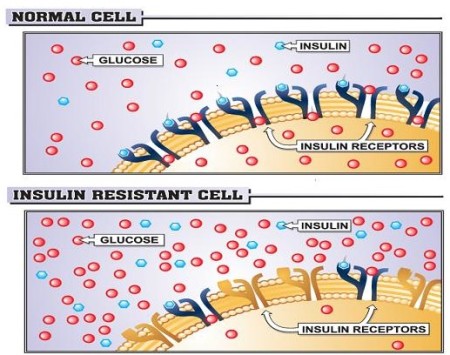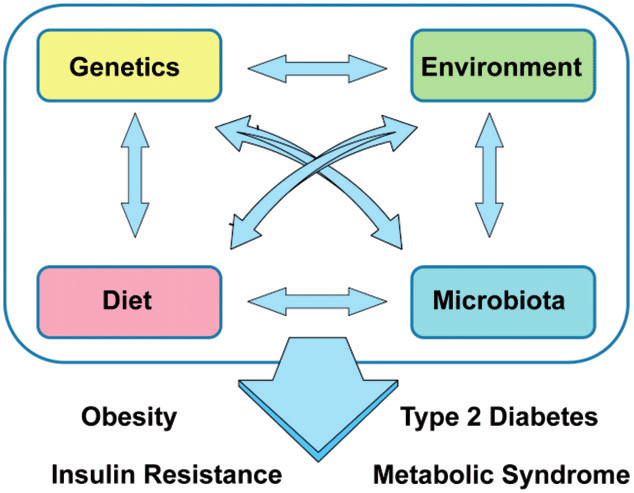
Insulin is a hormone produced primarily by beta cells in the pancreas; it is also called the master anabolic hormone of the body. It controls the oxidation of fatty acids, carbohydrates and proteins by promoting the uptake of glucose in the bloodstream for use as fuel. Insulin also stimulates the breakdown of glycogen and fatty acids in the liver.
Insulin resistance occurs when the insulin produced to combat the metabolic changes in the bloodstream becomes less effective or becomes deficient. This results in excessive glucose accumulation in the bloodstream and contributes to the development of diabetes. The effects of insulin resistance vary with individual and may be caused by genetic variations, heredity and environmental factors. Insulin resistance can also occur due to excessive secretion of insulin by the pancreas, or due to low level of insulin production in the bloodstream.
Inadequate consumption of dietary fibers and nutrients can cause insulin resistance. Insufficient intake of fiber can result from an irregular diet containing too many carbohydrates and fats. Fats and carbohydrates can also result from the consumption of processed foods that are not rich in fiber. When insulin resistance is due to inadequate intake of nutrients and fiber, it can also result from excessive consumption of refined sugar and white flour and other food additives. High sugar content in the diet can also lead to sugar addiction, where a person becomes dependent on sugar to maintain his normal functioning.
Genetics is one of the major risk factors for insulin resistance
If a person has parents or grandparents with diabetes, chances of developing this disease are very high. Similarly, children with parents with the condition are also prone to develop this disease.

Environmental factors also contribute to the onset of insulin resistance. Smoking and obesity increase the risk of insulin resistance, since they lead to decreased absorption of nutrients in the bloodstream. Some environmental factors also affect the activity of insulin by affecting its production and transport in the bloodstream. Exposure to excessive heat, light and chemicals can have an adverse effect on the activity of insulin in the bloodstream. Certain drugs, such as antibiotics, interfere with the action of insulin in the bloodstream and cause insulin resistance.
Certain medications, such as aspirin and some chemotherapy drugs, can also result in reduced activity of insulin. It can cause the abnormal secretion of insulin in the bloodstream and consequently, reduces the activity of glucose in the bloodstream. Obesity, diabetes and genetics can also cause insulin resistance. Certain medications, such as chemotherapy drugs and anticoagulants, interfere with insulin in the bloodstream and reduce the activity of glucose.
Diabetes and obesity also vary in the amount of insulin sensitivity. Individuals with diabetes may be more susceptible to develop insulin resistance because their cells are unable to absorb sufficient amounts of insulin. They also have a poor functioning insulin secretion system that results in an increased absorption of insulin. Obese individuals also produce higher levels of free radicals and this leads to increased production of free radicals.
Since there are numerous factors involved in determining the normal body weight, a diagnosis of diabetes and obesity should not be taken as a final diagnosis. A thorough investigation of a patient's daily activities, diet, health history, exercise habits, medications, physical activity level, general health, weight, and the presence of chronic diseases are essential. A doctor's evaluation of an individual's condition will help him in determining whether the person is at risk of developing diabetes or obesity. It is advisable to undergo a careful screening for the presence of these conditions.